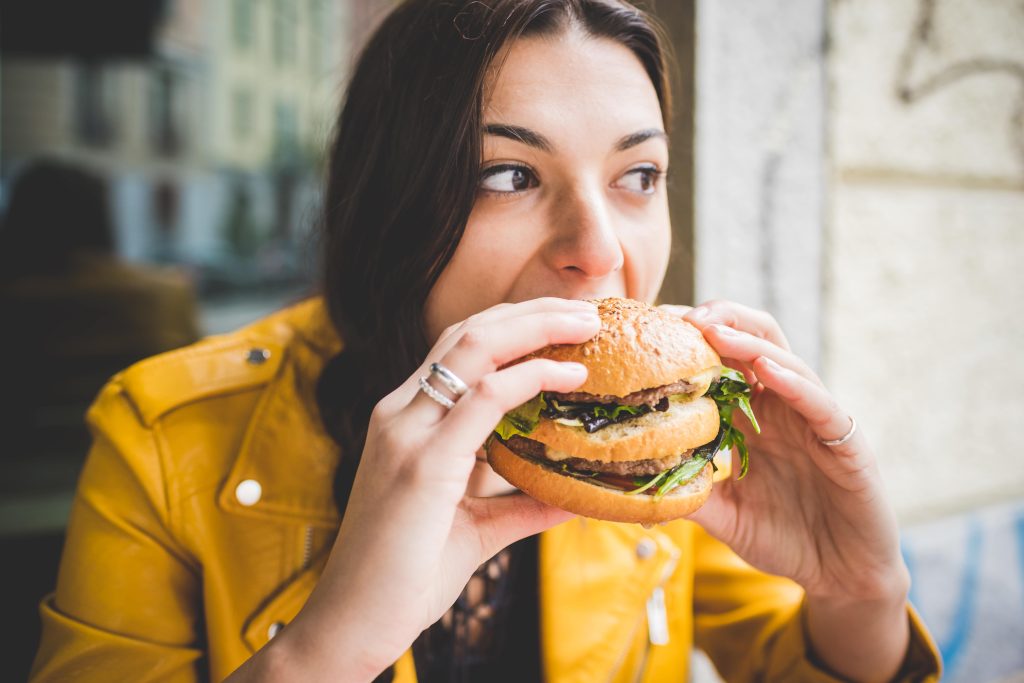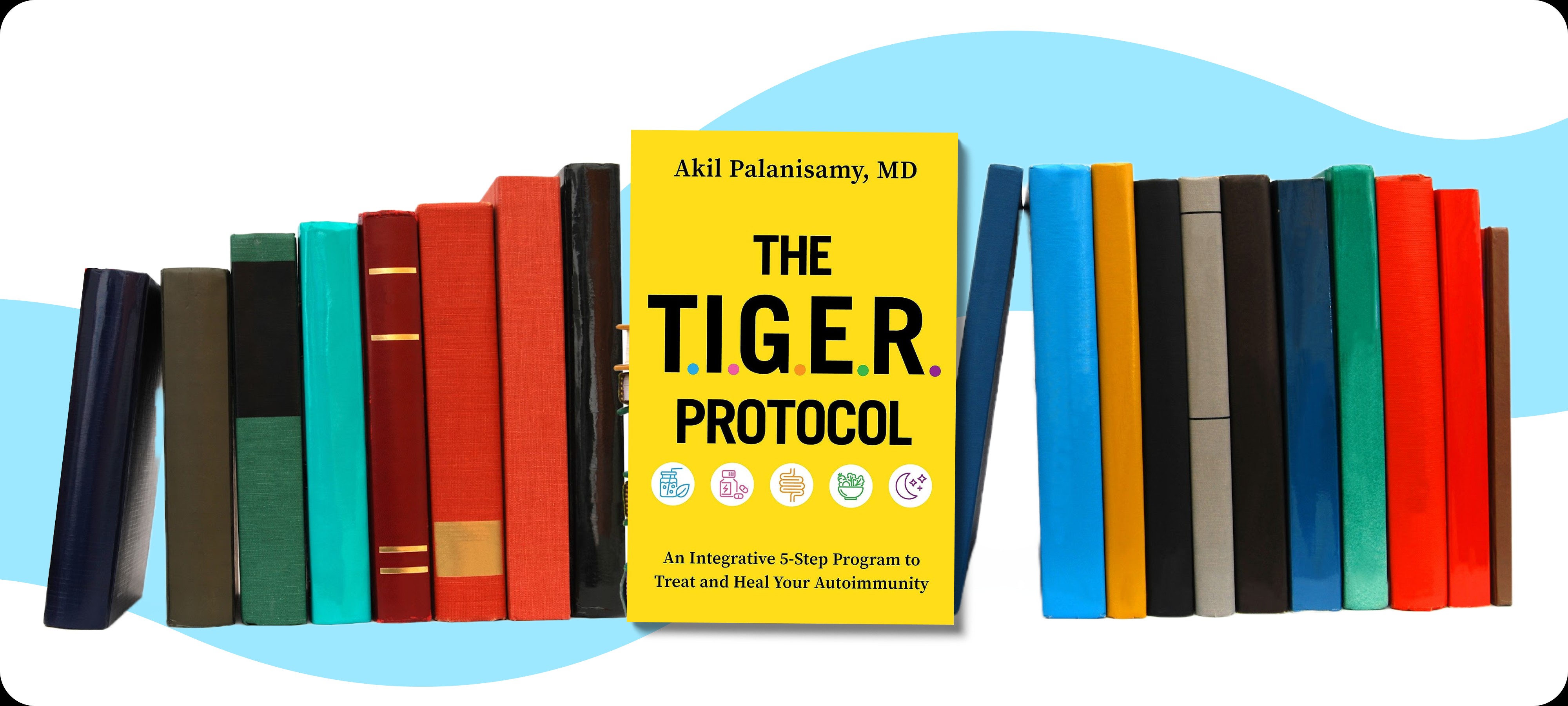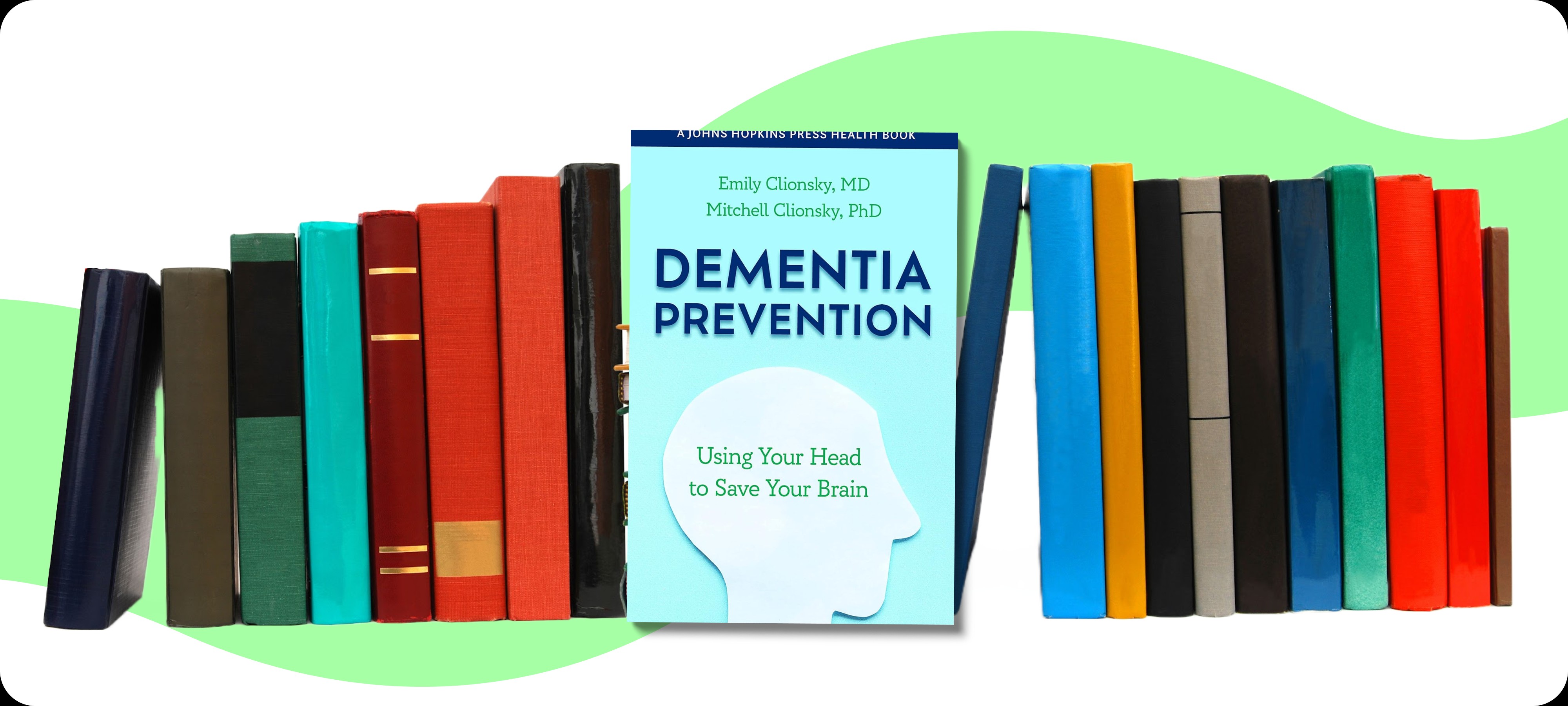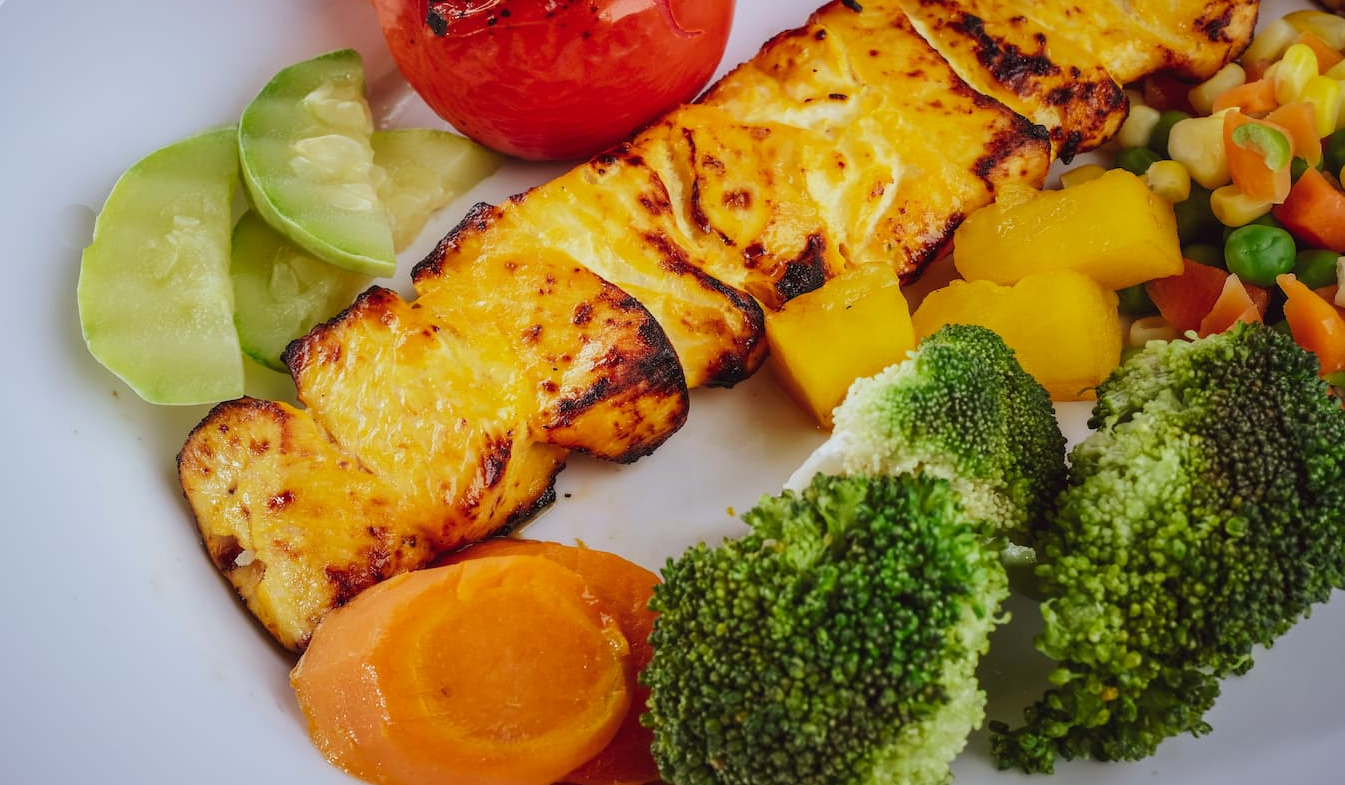Stress is an inevitable part of life, affecting individuals in different ways. While some individuals may become more productive under stress, others find themselves overwhelmed and unable to cope with its effects. In fact, a staggering 74% of people in the UK have reported experiencing feelings of stress and emotional distress. Living in a perpetual state of stress not only takes a toll on our mental well-being but can also have detrimental effects on our physical health. From weight gain to the development of eating disorders, chronic stress can disrupt normal body functions and contribute to various health conditions.
Furthermore, stress often triggers a desire for comfort foods, leading to increased consumption of sugar-sweetened beverages and indulgence in sweets such as baked goods. Paradoxically, during times of stress, individuals tend to reduce their intake of nutrient-dense whole foods, fruits, and vegetables. This dietary shift poses a higher risk of developing insulin resistance, accumulating excess visceral fat, and increasing the likelihood of type 2 diabetes.
In this article, we will dive into the science of stress-nutrition correlation and learn how to eat to combat stress.
Stress-nutrition correlation

1Stress stimulates cravings for highly processed foods
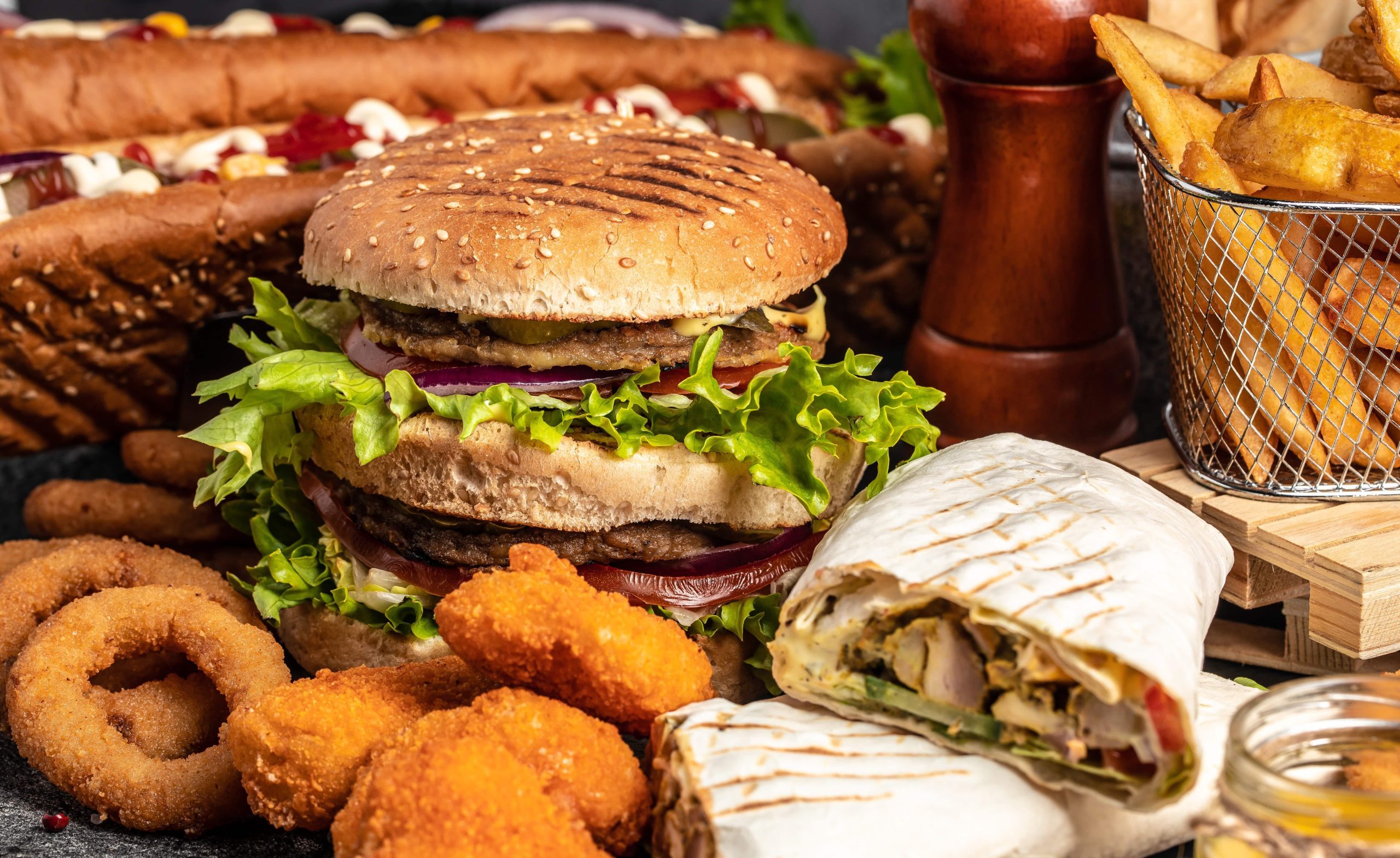
When under pressure, we often tend to rich eating healthily and crave highly processed sweets and snacks. This happens because of higher ghrelin (one of the stress biomarkers) levels. A study found an association was found between elevated levels of ghrelin and increased food cravings. Additionally, higher levels of chronic stress, insulin, and cortisol responses were predictive of greater weight gain during a follow-up assessment conducted six months later.
2Stress increases the feeling of hunger
Cortisol reduces levels of the satiety-promoting hormone leptin and increases the hunger-stimulating hormone ghrelin.
3Stress leads to abdominal fat gain and chronic conditions
Cortisol promotes the storage of fat in the abdominal region, known as central adiposity. This type of fat distribution is linked to insulin resistance and a higher likelihood of developing type 2 diabetes, cardiovascular disease, and specific breast cancers.
4Stress promotes compulsive eating

In a study with a two-year follow-up, the stress hormone levels, metabolic health, and eating behaviours of mothers with healthy and autistic kids were measured. Both groups showed stable levels of poor metabolic health and a tendency to have reward-based eating, which means they may be more likely to eat when they’re stressed or for emotional reasons. Additionally, the mothers of children with autism showed an increase in abdominal fat over time, even when considering changes in their weight.
5Stress is linked to vitamin depletion
Not only stress leads to disordered or impulsive eating, but it also has been proven to affect the concentration of micronutrients. According to studies, magnesium, zinc, calcium, and iron levels decline as a result of stress.
A deficiency of micronutrients may result in serious health consequences, for instance, iron depletion causes hypothyroidism.
How to eat to combat stress: Seven nutrition tips

Similar to how stress can impact our nutrition, our nutrition choices can also affect our stress levels. Studies conducted on large populations have shown that diets focused on whole foods are associated with lower levels of depression, anxiety, and stress. On the other hand, following a typical Western diet has been linked to a higher risk of experiencing poor mental health.
Here is a list of foods that are especially beneficial for busting stress.
1Load up on high dietary fibre foods
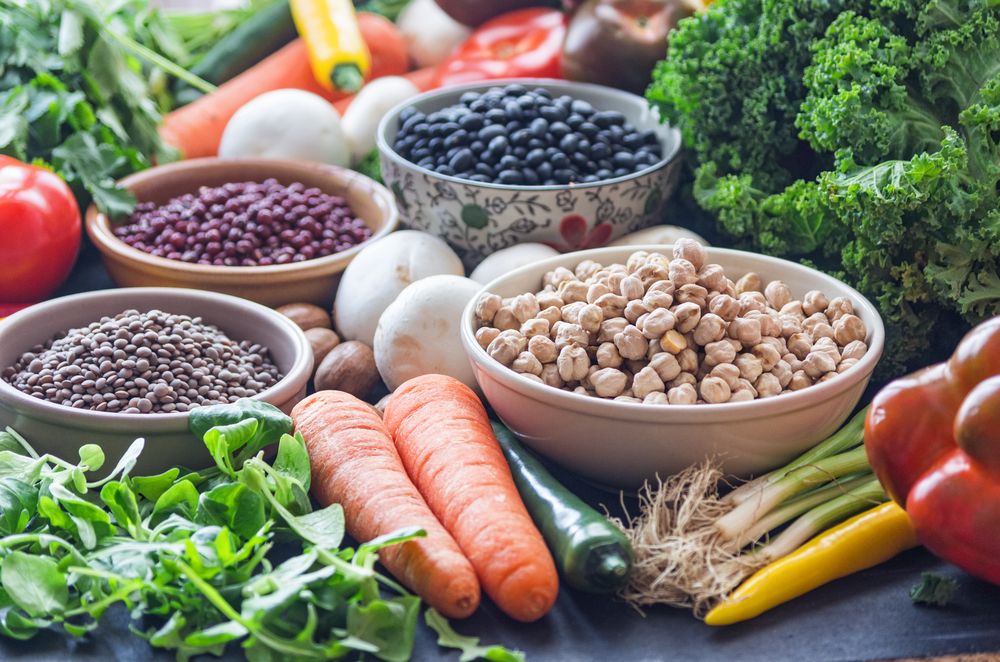
Dietary fibre has been scientifically proven to decrease inflammation. Inflammation can affect brain areas that are associated with anxiety, and people with inflammation in the body and brain have been shown to have higher levels of stress and anxiety. Vegetables, fruits, legumes and seeds are high in fibre and are able to improve the gut microbiota and soothe inflammation.
Researchers found that individuals who consumed higher amounts of fruits had a 24% to 31% lower chance of experiencing high levels of perceived stress. Similarly, people who had higher intakes of cruciferous vegetables and legumes had a 25% to 27% lower likelihood of experiencing high perceived stress.
2Add food rich in omega-3 fatty acids
A randomised controlled trial tested 69 medical students and investigated the effect of omega-3 fatty acids on their stress levels during the exam period. It was found that subjects that received 2.5 g of omega-3 had a 20% lower anxiety level if compared with the control group. Plus, the test group also had a 14% lower inflammation level.
Incorporating a greater amount of omega-3-rich fish and seafood into your diet can potentially help alleviate feelings of anxiety. Additionally, there are plant-based alternatives such as algae, sea vegetables, chia seeds, and flax seeds that can provide similar benefits.
 Source: PubMed
Source: PubMed 3Eat fermented foods
Including fermented foods in your diet, for example, flavourful Korean kimchi can provide live bacteria that promote a healthy gut and reduce anxiety.
Scientists divided the rats into different groups. Some rats were exposed to stress by being immobilised for 2 hours a day for 5 days, while others were not exposed to stress. When kimchi was added to the diet of the stressed rats, their food intake increased compared to the stressed rats without kimchi. The stressed rats also had increased weight in their adrenal gland and fat tissue, but kimchi completely or partially reduced these changes.
Other gut-healthy foods that you may include in your diet are kefir, sauerkraut, kombucha, miso, tempeh, and apple cider vinegar.
Healthhack from Healthypedia
Fermented vegetables are superior to raw ones. The process of fermentation boosts the nutritional value of these foods. Indeed, during the process of fermentation, microorganisms produce a range of nutrients including vitamin C, B vitamins (including vitamin B12), and vitamin K. Additionally, the bacteria present in fermented foods consume the sugars found in vegetables.
4Add turmeric to your meals
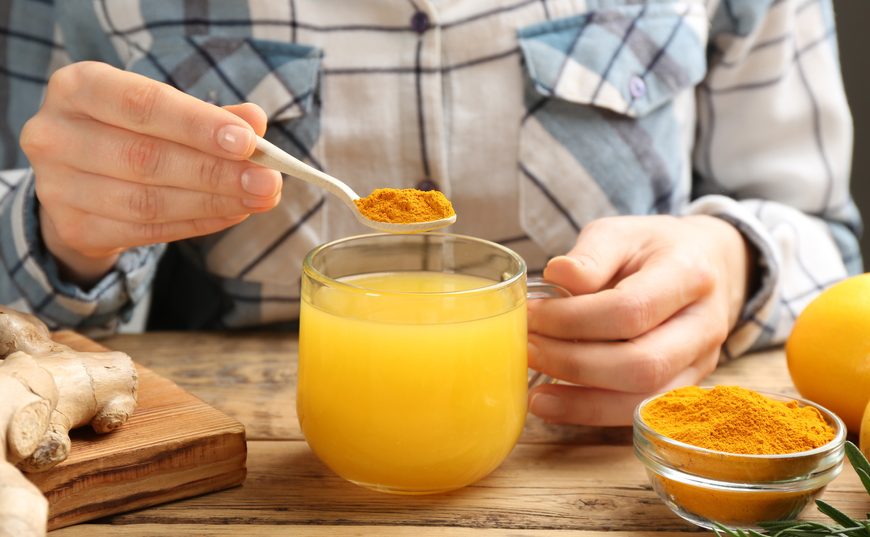
The cancer-combating star – turmeric has been found to have anxiety-reducing effects. Combining turmeric with black pepper enhances its bioavailability, making it more effective for your brain and body. If you don’t use turmeric in cooking, you can add a teaspoon of it to soups, smoothies, teas, or even chia pudding.
5Magnesium-rich foods
A recent study conducted by Noah et al. discovered that around 44% of the participants screened for stress had a chronic latent magnesium deficiency. This deficiency may contribute to various health issues and disorders, such as type 2 diabetes, cardiovascular diseases, osteoporosis, and metabolic syndrome. The scientific literature contains numerous studies that highlight the link between low dietary magnesium intake and an increased risk of these conditions.
 Source: PubMed
Source: PubMed Thus, to ensure your psychological well-being you need to include magnesium-rich foods into your diet. The magnesium-high foods are avocados, bananas, broccoli, dark chocolate, pumpkin seeds and spinach.
6Eat protein foods
Having enough protein in your diet is important not only for feeling energetic but also for staying away from stress. Tryptophan, an essential amino acid found in protein-rich foods (especially seed-based like pumpkin seeds), plays a role in supporting mood.
The body cannot produce tryptophan on its own and relies on dietary protein as a source. Insufficient levels of tryptophan have been linked to mood disorders like depression, and there is evidence suggesting its involvement in memory and brain health. Therefore, ensuring an adequate intake of protein is important for promoting positive mood and mental well-being through adequate tryptophan levels.
Healthhack from Healthypedia
The recommended range for protein intake is between 10% and 35% of your total calorie intake. For example, if you need 2500 calories per day, 250-875 calories have to come from protein.
7Boost your stress resilience with B-group vitamins
Multiple studies have found vitamin B supplementation to benefit subjects suffering from stress. The body relies on B-group vitamins to respond to stress. Vitamins B1, B2, B3, B6, and B12 play a vital role in supporting a healthy nervous system, enabling the body to effectively combat stress symptoms.
The natural sources of vitamin B are chicken, fish, meat and dairy products as well as plant-based foods like wholewheat bread, leafy greens and nuts.
Foods and drinks that exacerbate stress


Consuming caffeine, especially from coffee, has been shown to have a direct link with increased stress, anxiety, and depression. However, these effects are primarily seen in individuals who consume large amounts of coffee (around four cups of coffee), which contributes to their overall high caffeine intake.
Additionally, negative consequences of caffeine on mental well-being have been observed, including higher anxiety levels in moderate and heavy caffeine consumers compared to those who avoid it. There have also been reports of caffeine triggering irritability, particularly when consumed in excessive quantities.
Alcohol is a popular means of dealing with stress, in fact, the study shows that 60% of UK adults drink it when being harassed.
Even though alcoholic drink can make you feel better at the beginning, it does not have the capacity to address the source of the stress. What is more, heavy drinking can exhaust GABA – an amino acid that serves as a neurotransmitter in the brain and spinal cord.
Artificial sweeteners lack nutritional benefits and have the potential to promote the growth of harmful gut bacteria, which can have a negative impact on mood and anxiety levels. Specifically, sweeteners such as aspartame have been specifically associated with anxiety and should be avoided, or at least consumed in moderation.
A study of college students concluded that subjects that had a high and very high-stress level consumed much more non-nutritive sweeteners, compared to the consumption of students with lower stress levels.
Thus, food with artificial sweeteners should be eaten in moderation and most of the sugar intake should come from, for example, fruits or milk.
Let’s summarise

Stress is a problem that should not be overlooked or tolerated and taken as a norm of living. It has been shown to be a risk factor for up to 90% of diseases and eating disorders as well as weight gain are among them.
Stress has a significant impact on our nutrition and, at the same time, food habits are also capable of making you feel better. If you seek nutritional solutions to combat stress, try to start by adding more fibre, sustaining healthy protein intake, and consuming foods that will provide your body with omega-3 healthy acids, magnesium and B-group vitamins. In order not to exacerbate the stress levels, attempt occasional caffeine, alcohol and artificial sweetener consumption.
Food is a means of fuelling our bodies, and in order for our bodies to function at their best, we need to provide them with high-quality ‘petrol.’ Our overall well-being can be improved by understanding the impact of nutrition on stress and choosing healthy, whole foods as the staple of the diet. Taking care of our bodies and minds through nutrition is an essential part of a holistic approach to managing stress.
Not enough? Here is more
Dr. Tracey Marks is a psychiatrist with over 20 years of experience. On her channel, she teaches you about mental health issues and self-improvement.
The video below discusses the signs of stress your body may exhibit. Watch this video if you are willing to examine whether your body is under pressure and you think your symptoms are related to something else.

